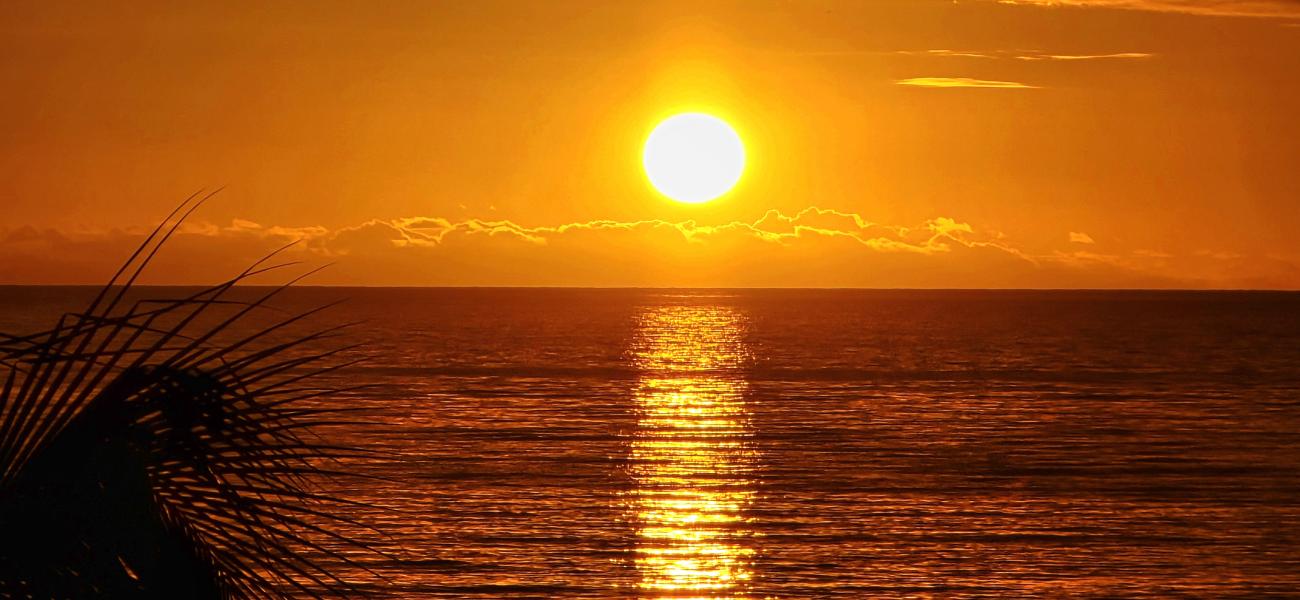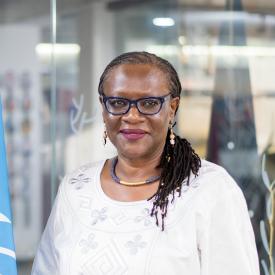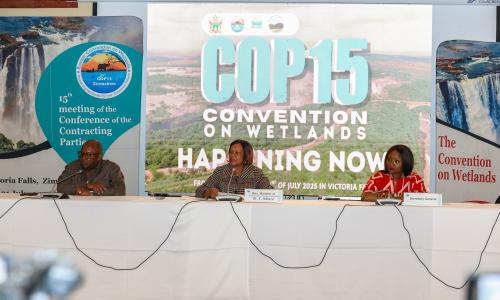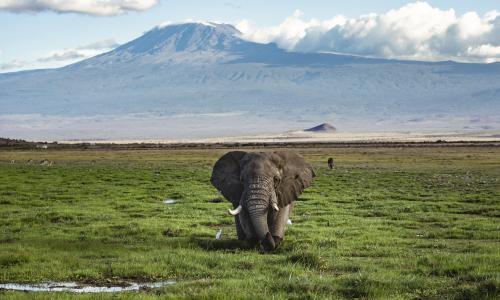It’s easy to think of the ocean as just a massive body of water where we go swimming, surfing, or maybe take a boat ride on vacation. But the ocean is more than a beautiful backdrop for our Instagram photos or a seafood buffet source. It’s a life-support system — not just for marine life, but for us humans too.
So, why does the ocean matter so much to human life? It matters, because it is a lifeline for Small Island Nations.
According to the United Nations, as of June 2023, the group is composed of 57 countries and territories with a combined population of 73.5 million. Twenty-nine SIDS are located in the Caribbean, 20 in the Pacific, and 8 in the Atlantic, Indian Ocean and South China Sea (AIS) region. In places like the Cabo Verde, Mauritius, Seychelles, Sao Tome and Principe and Comoros the ocean isn’t just important; it’s everything. It provides food, jobs, transportation, and cultural identity.
Yet these islands are also the most vulnerable to sea level rise, extreme weather, and coral reef loss — problems driven largely by global climate change. These communities are often on the frontlines, sounding the alarm despite contributing little to the problem.
The Ocean Gives Us Air to Breathe
Most people think forests are the lungs of the planet — and they are important — but did you know the ocean produces about 50% of the oxygen we breathe? Thanks to microscopic organisms like phytoplankton that live near the surface and photosynthesize, just like plants on land.
So, every second breath you take? You can thank the ocean for that.
The Ocean Helps Regulate the Climate
The ocean also acts like Earth’s giant thermostat. It absorbs and stores solar energy, helping to distribute heat around the globe. This regulates weather patterns and keeps temperatures from swinging wildly. Ocean currents move warm water from the equator toward the poles and cold water back to the tropics. This natural circulation helps make our climate livable.
According to the Intergovernmental Panel on Climate Change (IPCC) Special Report on the Ocean and Cryosphere in a Changing Climate, the ocean absorbs about 90% of the excess heat generated by greenhouse gas emissions, acting like a giant global air conditioner. As climate change intensifies, the ocean is taking a hit. It is absorbing more heat and more carbon dioxide than it should, throwing off this balance and leading to extreme weather, sea level rise, and disrupted ecosystems.
The Ocean Feeds Billions
From fish to shellfish to seaweed, the ocean is a critical source of food for more than three billion people. For many coastal communities, seafood is the main source of protein and a foundation of local culture and economy. Mauritius and Seychelles consume a significant amount of seafood compared to other countries with the Food and Agriculture Organisation reporting fish consumption per capita in the Seychelles amongst the highest in the world at 59kg per year and according to a 2022 Nutrition survey, up to 80% of Mauritians eating fish/seafood at least once weekly.
But the ocean cannot keep giving forever. Overfishing, pollution, and habitat destruction are threatening this food security. If we do not manage our oceans sustainably, we risk collapsing entire food systems.
The Ocean Powers the Global Economy
The ocean is not just a source of fish and oxygen — it is also big business and supports employment. According to the Commonwealth Action Group on Sustainable Blue Economy the worldwide ocean economy is estimated at the total value of ocean assets (natural capital) has been estimated at $24 trillion and is set to double to $3 trillion by 2030. This includes shipping, tourism, renewable energy (like offshore wind farms), and biotechnology. Millions of people around the world also depend on the ocean for their livelihoods. Fishing provides jobs — not just on boats, but in processing, transport, and retail.
A healthy ocean is essential for a healthy economy. But plastic pollution, oil spills, and climate change are undermining this foundation.
Biodiversity within the Ocean
According to UNESCO, over 230,000 known species live in the ocean, from the tiniest plankton to the largest animal on Earth — the blue whale. And scientists believe there could be millions more species yet to be discovered. Coral reefs, often called the “rainforests of the sea,” are bursting with life and are crucial for marine biodiversity.
But coral bleaching, acidification, and pollution are threatening these rich ecosystems. We are losing species faster than we can discover them — and that is a huge loss for science, medicine, and the planet.
And Now We Are Here...
Even if you live far from the coast, the ocean still affects your life every single day. It connects continents, shapes weather, drives trade, and sustains the planet’s systems. Our fates are tied to the ocean, whether we realize it or not.
We have also filled it with our waste — plastic, chemicals, oil, and more. And yet, it continues to give, support, and nurture life.
Protecting the ocean is not just a job for scientists or governments. We all have a role to play. Simple actions like reducing plastic use, supporting sustainable seafood, cutting carbon emissions, and raising awareness can make a difference. Supporting marine protected areas and ocean-friendly businesses can also help.
We cannot wait until the damage is irreversible. The ocean matters — deeply and urgently. It is not just "out there" — it is in here, in our lungs, our food, our jobs, and our climate.
The upcoming UN Ocean Conference presents another pivotal opportunity for policymakers worldwide to take decisive action. Let us seize this moment to implement robust policies that protect our oceans and ensure a sustainable future for generations to come. Because saving the ocean? That is just saving ourselves.
Amanda Serumaga is the UNDP Resident Representative Mauritius and Seychelles








